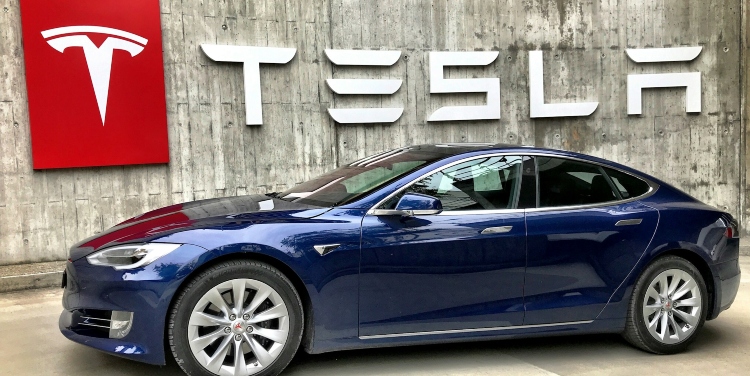Tesla’s recent announcement of producing the 100 millionth 4680 battery marks a significant milestone for both the company and the entire electric vehicle industry. This achievement highlights the scalability of production and technological advancements that could significantly impact the automotive landscape.
The production of 4680 batteries has become possible due to increased investments in new technologies and optimization of production processes. Since the beginning of development in 2019, Tesla has focused on creating more efficient and powerful batteries. The initial plan, developed by Tesla CEO Elon Musk a few years ago, aimed at actively ramping up the production of standard-sized lithium-ion batteries in the 4680 format. This new cell design offers greater energy density per unit volume, enhancing space efficiency in vehicles while reducing overall weight.
The 4680 technology also lowers battery production costs by utilizing less toxic materials and streamlining the assembly process. The expanded capacity at the Gigafactory in Shanghai and the Austin plant supports increased production, enabling the company to achieve these impressive results. As a reflection of investor sentiment, Tesla stock price has seen significant fluctuations in response to these production updates and challenges.
Despite the accolades and positive results, Tesla has faced challenges in scaling its production. Issues such as raw material shortages, difficulties in automating processes, and technical glitches have raised concerns among analysts and investors. Rumours about struggles to maintain necessary quality and consistency in the manufacturing process have sparked ongoing discussions about potential delays.
While production problems are common for any innovative technology, some investors and observers feel unsettled by these issues. The Dow Jones Index, one of the key stock market indicators, tends to react to such fluctuations, prompting predictable behaviour from automated trading software developers. These programs can detect such conditions and respond according to observed trends, leading to shifts in stock market dynamics.
Each 100 million 4680 battery cell equates to about 100,000 electric vehicles. This production volume enables Tesla to strengthen its position in the domestic market and enhance its export capabilities. With a greater supply of electric cars, Tesla can capture a larger share of the expanding clean car market, which is responding to increasing carbon emissions regulations in various countries.
Moreover, Tesla’s success in producing 4680 batteries could create new opportunities in other business segments. For instance, developing and selling batteries to third-party manufacturers could become a significant revenue stream.
As Tesla continues to produce and roll out 4680-type batteries, the company finds itself at a crossroads between sustainable development and financial growth. Success in this area could impact both Tesla’s future and the broader electric vehicle sector.
History shows that high-tech innovations often face scaling challenges. However, if Tesla can overcome these hurdles, it could emerge as a leader, making significant strides in advancing sustainable and environmentally friendly vehicles. Investors and observers eagerly anticipate what lies ahead for Tesla, which may evolve into not just an automotive company but also a key player in the global clean energy network.
David Prior
David Prior is the editor of Today News, responsible for the overall editorial strategy. He is an NCTJ-qualified journalist with over 20 years’ experience, and is also editor of the award-winning hyperlocal news title Altrincham Today. His LinkedIn profile is here.


![7 Best POS Software in the UK [2026 Edition]](https://todaynews.co.uk/wp-content/uploads/2026/02/7-Best-POS-Software-in-the-UK-2026-Edition-360x180.png)





















































![7 Best POS Software in the UK [2026 Edition]](https://todaynews.co.uk/wp-content/uploads/2026/02/7-Best-POS-Software-in-the-UK-2026-Edition-120x86.png)

![7 Best POS Software in the UK [2026 Edition]](https://todaynews.co.uk/wp-content/uploads/2026/02/7-Best-POS-Software-in-the-UK-2026-Edition-350x250.png)


















